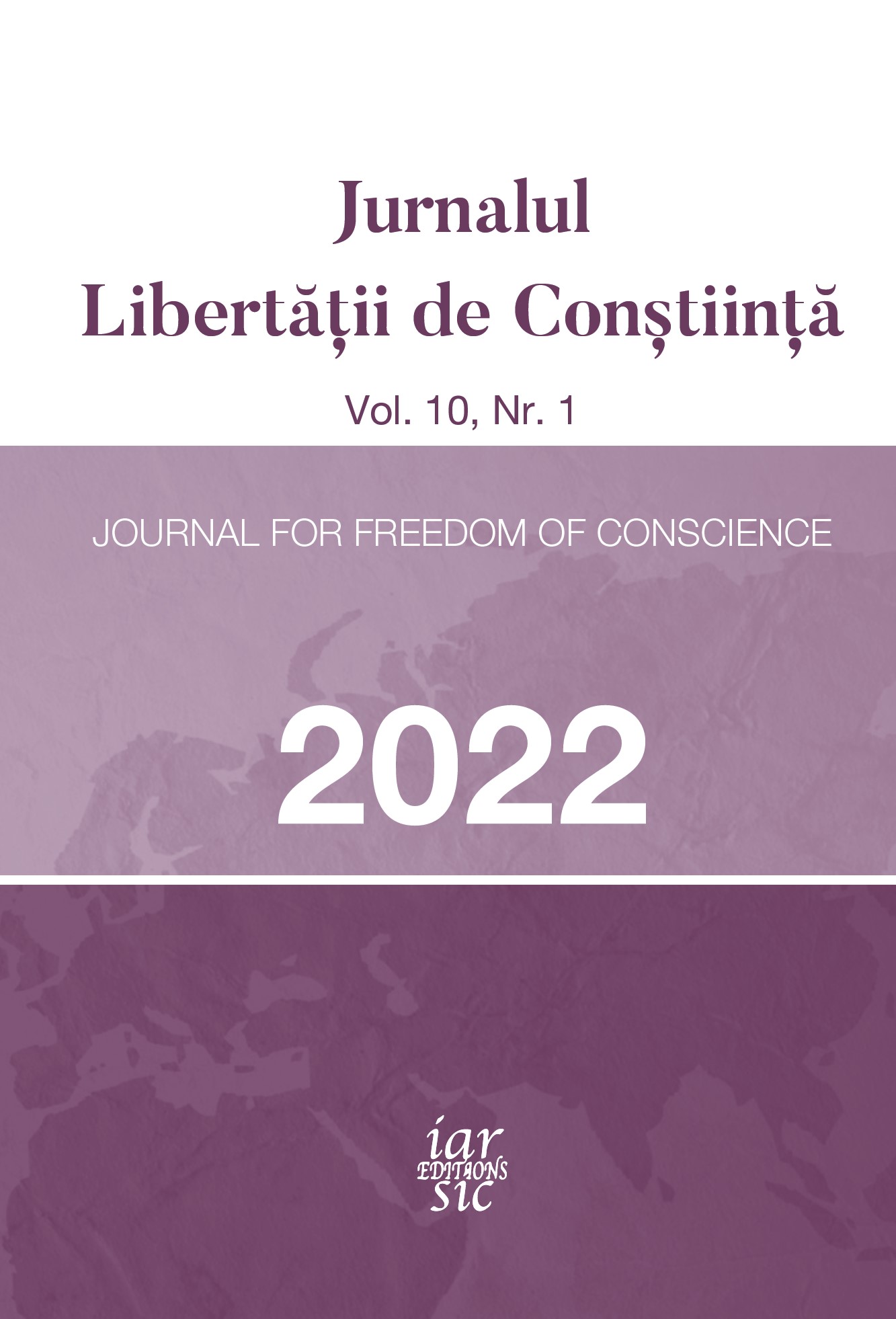RĂSPUNSUL FILOSOFIEI ȘI TEOLOGIEI LA DILEMA NATURII UMANE
The Answer of Philosophy and Theology to the Dilemma of Human Nature
Author(s): Mihai HandaricSubject(s): Christian Theology and Religion, Non-European Philosophy, Religion and science , Philosophy of Religion
Published by: Editions IARSIC
Keywords: Human nature; problem; philosophy; theology; oriental philosophy; theology;
Summary/Abstract: The work analyzes human nature from the perspective of thinkers throughout history. It is evaluated the perspective of Greek philosophy which recognizes that human nature has an ontological problem. Plato and Aristotle believed that reason has the responsibility to rule man. The author also discussed Oriental Chinese philosophy which has different perspectives on human nature. Some hold that man is born with a neutral nature (Confucius), others that he has a good nature (Mencius), and others that human nature is inherently evil (Xunzi and the Legalist School). But they all agree that man has a problem with doing good, either because of his nature or because of external factors. Then modern philosophers were analyzed, some of whom accept the metaphysical dimension of human nature, and others reject it. Immanuel Kant claims that man is born with a moral impulse, which is transmitted to him from a metaphysical reality. Kierkegaard argues for the existence of the spiritual-religious dimension of human nature. Man needs a leap of faith to be free. Thinkers of the 19th and 20th centuries generally disputed the existence of a fixed nature. Charles Darwin played an important role in changing the perspective on human nature through his Theory of Evolution, which holds that human ancestors were primitive beings that evolved over time. It is thus sought to identify man with animals. Postmodern philosophy thus challenges the uniqueness of human nature, created in the likeness of God (Gen1:26-27). Peter Singer expands morality by defending the animal rights. In postmodernism, a redefinition of morality is attempted, thus aiming to ignore biblical morality. The claims of so-called practical ethics to the novelty of postmodernism are contradicted by the author. Old moral questions include the so called new questions. Philosophers who argue for an external solution to the problem of human nature have been introduced. Finally, the author presents the perspective of Christian theology, which claims that human nature is morally conditioned. The Bible claims that in the beginning there was a time when man was not evil. Genesis 1-3 does say that man is currently in a state of moral alienation. He experiences a real moral guilt, which alienated man from himself, from others, and from God. Violence is a symptom of human abnormality. The Bible talks about the consequences of the fall (Deut 28:2-4, Deut 28:15-20) but also about the solution to the problem of fallen human nature. It describes a personal God who, in His love for man, sacrificed His Son - Jesus Christ, on a cross, in history. Christ’s death resolved man’s moral guilt ( John 3:16, cf. Acts 4:12). Through regeneration human nature acquires a new nature (Col 3:9-10) that manifests altruistic and theocentric (Gal 5:22-23).
Journal: Jurnalul Libertății de Conștiință
- Issue Year: 10/2022
- Issue No: 1
- Page Range: 99-132
- Page Count: 34
- Language: Romanian

